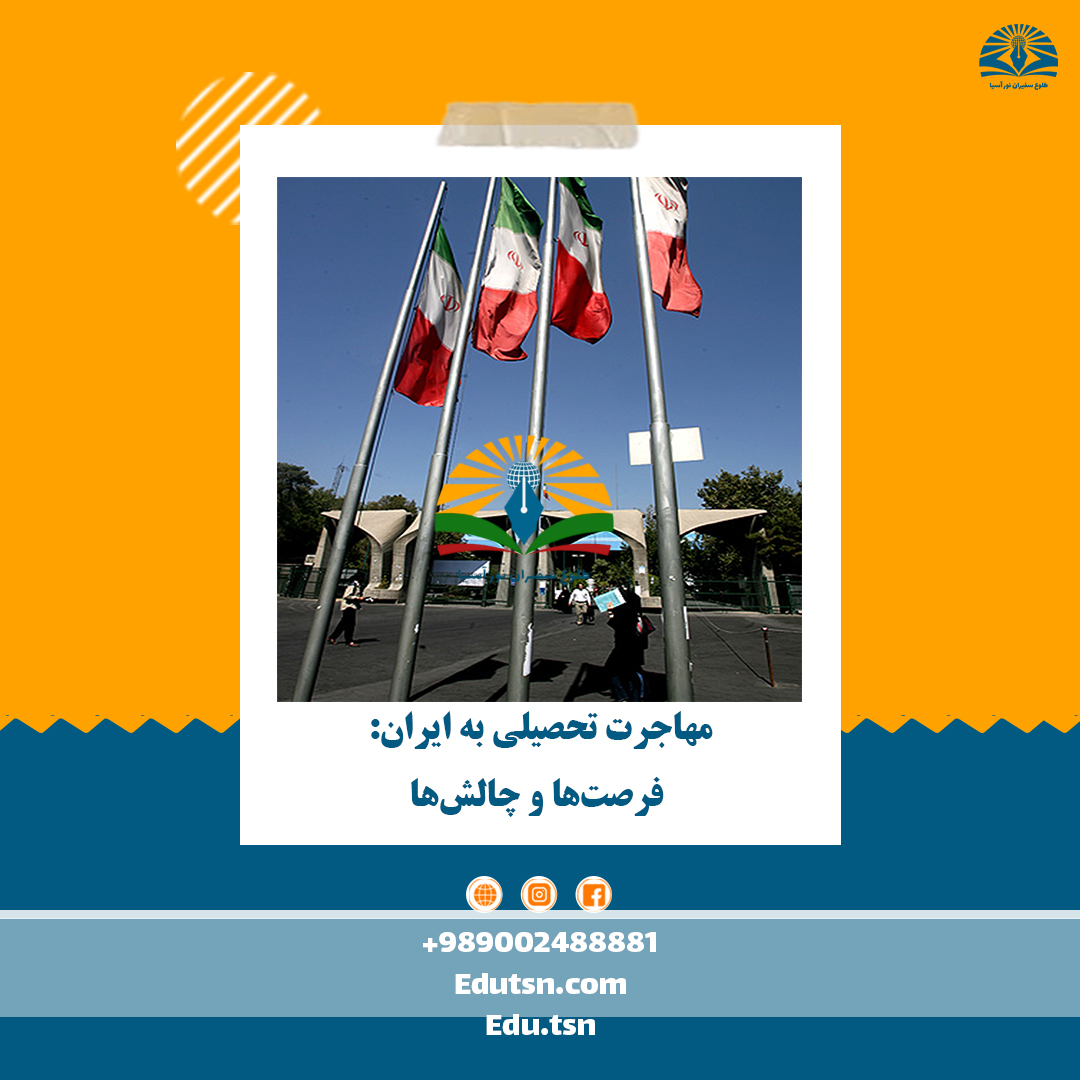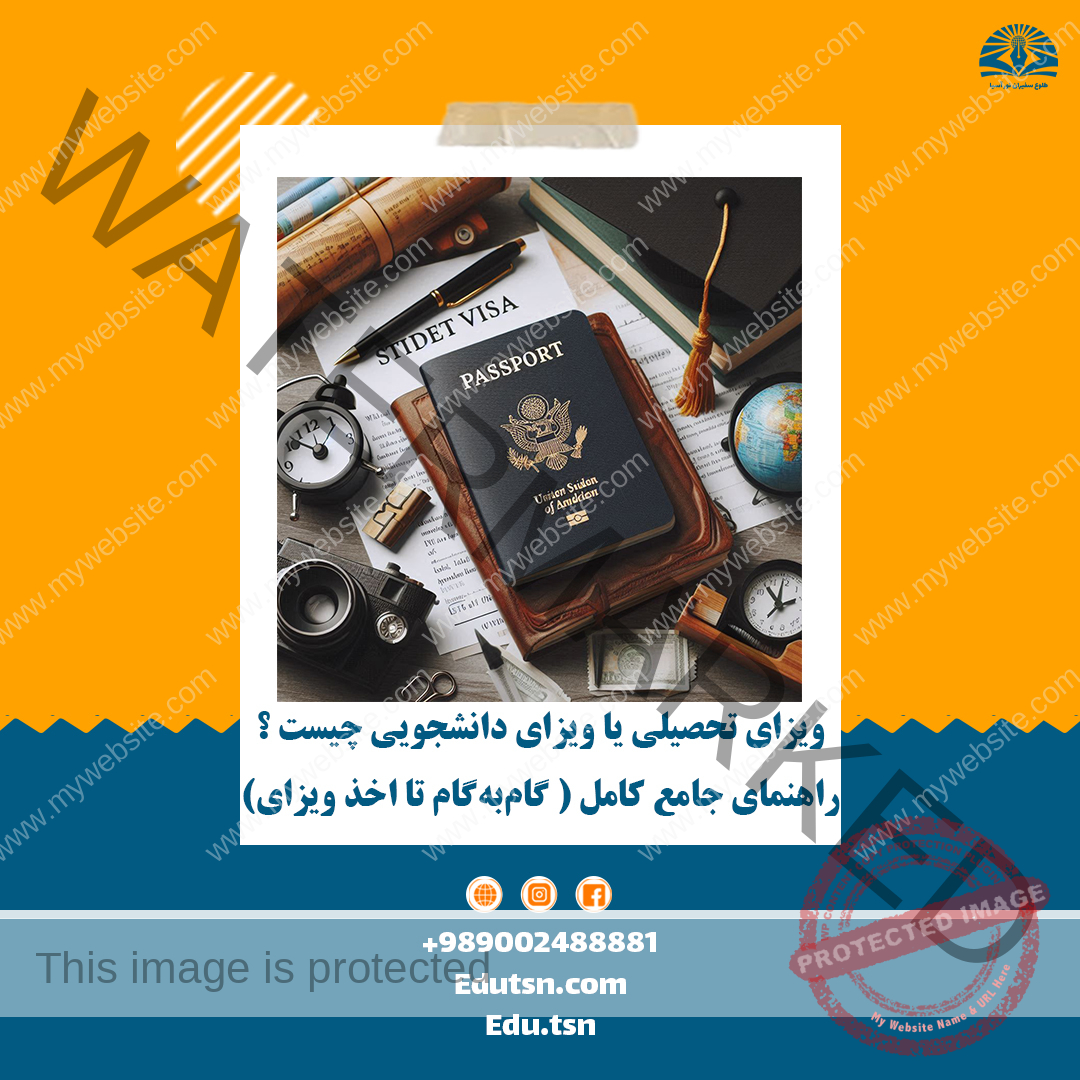![]()
Studying in Iran for international students at the Master’s and PhD levels, Iran as a country with a rich history and culture, has recently become an attractive destination for international students especially at the Master’s and PhD levels. This article examines the opportunities and challenges of studying in Iran for international students in these levels.
Studying in Iran for international students at the Master’s and PhD levels

Academic programs and fields of study
Iran has reputable universities with a variety of programs at the Master’s and PhD levels. Some popular fields of study include:
- Engineering Sciences: Electrical Engineering, Mechanical Engineering, Civil Engineering, and Computer Engineering.
- Humanities and Social Sciences: History, Sociology, Language, and Literature.
- Medical Sciences: Medicine, Dentistry, and Pharmacy.
- Basic Sciences: Mathematics, Physics, and Chemistry.
Many universities offer academic programs in English, which is suitable for non-Persian-speaking students.
Advantages of studying in Iran

Tuition and living costs: The costs of education and living in Iran are lower compared to Western countries and some other nations.
Research opportunities: Iranian universities, especially in engineering and medical sciences, place great importance on research and innovation.
Cultural Diversity: Living and studying in Iran provides an opportunity to become familiar with diverse cultures and traditions.
Challenges
Language: The medium of instruction at most universities is Persian, which can pose a challenge for non-Persian-speaking students. While some universities offer English-language courses, proficiency in Persian is important for daily life in Iran.
Administrative System: The admission and registration process can be complex and time-consuming, and students may encounter administrative issues.
Social Pressure: Some students may face social and cultural pressures arising from cultural differences, which require adaptation.
Access to Resources: In some fields of study, access to academic and research resources may be limited, and students may need to rely on foreign resources.
Security and Social Status: The social and political situation in Iran may raise concerns for some students. Understanding and being aware of the social and cultural context of the country can help facilitate the educational experience.
Admission System for Master’s and PhD Programs
The admission process for international students at the Master’s and PhD levels generally includes the following steps:
Choosing a university and field of study: Reviewing universities and academic programs.
Completing the application form: Submitting required documents such as transcripts, language proficiency certificates (usually TOEFL or IELTS for English-language programs), and a resume.
Interview: Some universities may conduct interviews to assess the academic and research capabilities of students.
Visa Application: After acceptance, students must apply for a student visa.
Future of studying in Iran

Iran is working to become a more attractive educational destination by improving educational quality, increasing international collaborations, and expanding academic programs in English. Additionally, addressing challenges and enhancing educational infrastructure can help attract more international students.
Conclusion
Studying in Iran for international students at the Master’s and PhD levels offers a suitable opportunity for learning and academic development. Despite the challenges, the cultural, economic, and research benefits of this experience can be valuable for students. If you have any more questions or need specific information, We are happy to help!
The links below may be useful for you:
Studying in Iran + Introduction to universities and 7 tips for migration




